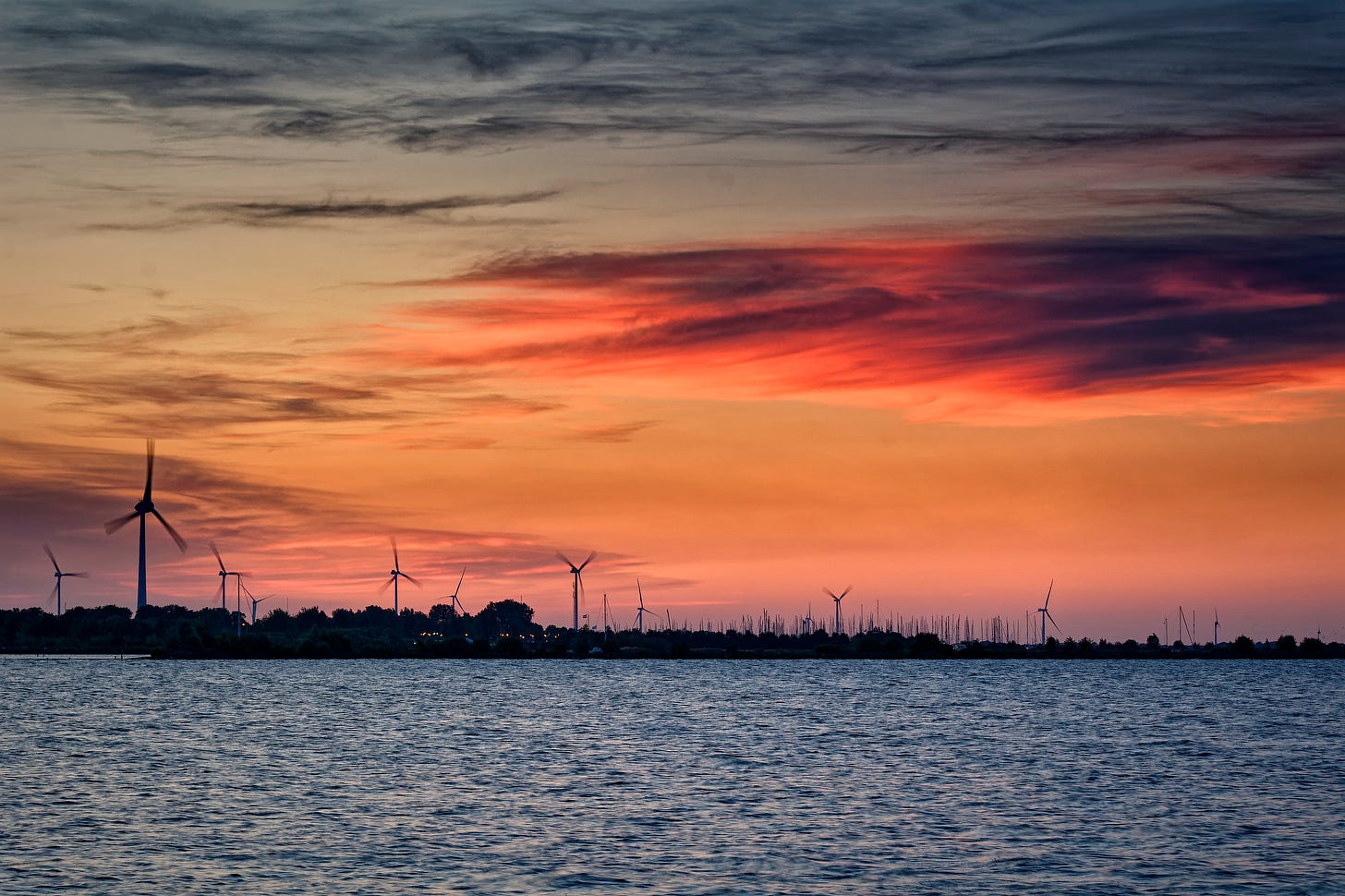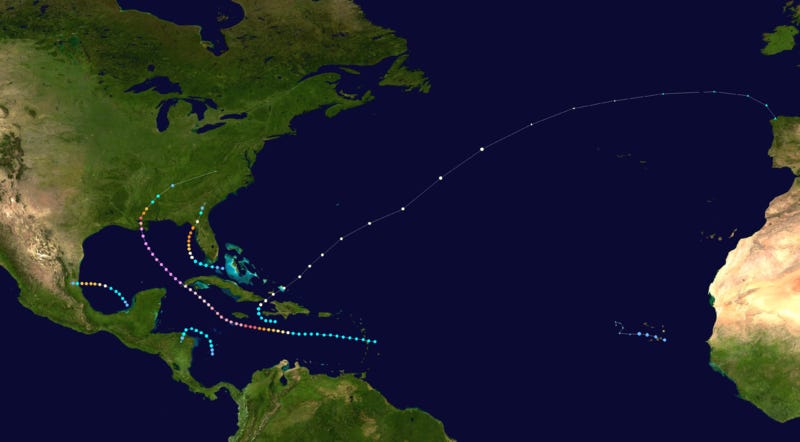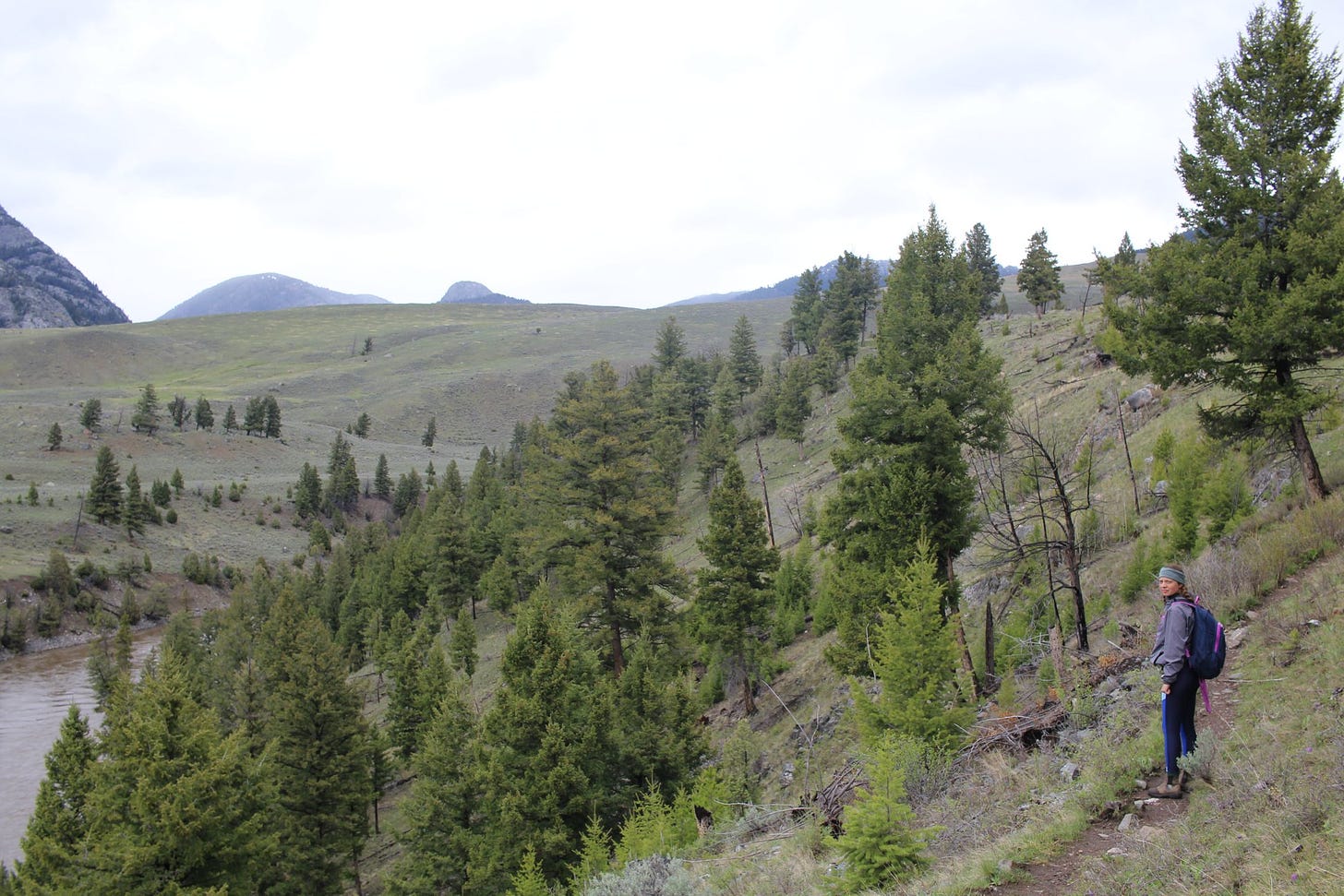Welcome to Planet Days, a five-minute roundup of the latest climate news and what it means for our Planet. If this was forwarded to you, smash that subscribe button:
Last week, a cold snap swept through Europe, Pinterest went after climate deniers, and Democrats and Big Oil sparred on Capitol Hill.
In case you missed it, here’s what else happened around the Planet.
Monday, April 4

IPCC: We have the tools to avoid a climate crisis
We have the means to limit global warming, but do we have the will? That’s the big question after the latest report from the Intergovernmental Panel on Climate Change.
The report pressures countries to slash emissions ASAP if we have any shot at limiting warming to 1.5 degrees Celsius, the target set by the Paris Agreement. To do that, global greenhouse gas emissions must peak by 2025 and be cut 43% by 2030.
But the report shows that we can technically pull this off:
Since 2010, the costs of solar and wind energy and batteries have decreased up to 85%, giving us an opening to go all in on renewables and electric vehicles.
We can also redesign cities, where 72% of emissions generate, to be more sustainable.
And then there's carbon removal (though tech, tree planting, nature restoration), something that’s now necessary to reach climate goals.
Avoiding a climate catastrophe will take a total transformation of every sector, but now we have a roadmap to a livable future. The New York Times outlines the report’s biggest takeaways.
We’re all breathing bad air
No one is spared from polluted air, according to new data from the World Health Organization. Those numbers show that 99% of the world breathes air that exceeds the organization's air quality standards.
Though nearly everyone’s affected, people in low and middle-income countries suffer the most. To buck this trend, WHO recommends monitoring air quality, transitioning to cleaner, more efficient energy sources, and implementing stricter vehicle emissions standards, among other solutions. The Associated Press has more.
Wednesday, April 6
Climate’s $2 trillion price tag
For the first time, the White House Office of Management and Budget determined how the federal budget will hold up to future climate impacts. And it doesn’t look pretty.
The assessment finds that climate change will cost the federal government $2 trillion/year, or 7.1% of its revenues, by the end of the century. Should we continue to delay climate action, the economy could shrink by as much as 10%, while the costs of disaster programs skyrocket.
By putting a price tag on doing nothing, researchers hope they can spark enough climate action to avoid these worst-case scenarios. NPR has the story.
Thursday, April 7
Methane hits record high
Atmospheric methane increased by a record amount last year — for the second year in a row, the National Oceanic and Atmospheric Administration announced Thursday. Carbon dioxide levels also rose at a "historically high rate.”
We know the damaging impacts of these gases. Carbon dioxide lasts for centuries in the atmosphere, while methane traps heat 25 times more than CO2 for about a decade. And despite promises and pledges, we’re rapidly moving in the wrong direction. Read more from CBS News.

Expect another busy hurricane season
The 2022 hurricane season will be another doozy. A prediction issued Thursday by Colorado State University says there will be at least 19 named storms and nine hurricanes, four of which will be Category 3 or higher.
An average season has 14 named storms, seven hurricanes, and three major hurricanes. But this idea of a “normal” is quickly trending upward. 2022 will likely hold the seventh straight above-average hurricane season. The Washington Post has the full story.
UK’s new energy strategy leans into nuclear
It’s a month of big climate swings: Last week was Canada, and this week it’s the United Kingdom. On Thursday, the U.K. published their new energy strategy, which aims to “secure, clean and affordable British energy for the long term.” The plan calls for:
Building up to eight new nuclear reactors, with the target of producing 25% of Britain’s electricity from nuclear power.
Accelerating approvals for new offshore wind farms and piloting community programs from onshore wind farms.
Doubling hydrogen production to support power, transport, and potentially heating.
Licensing a new round for North Sea oil and gas projects(!).
Critics don’t love the new oil and gas projects, nor are they crazy about nuclear (though as Brandon’s written, nuclear is a necessary part of the clean energy transition). Still, taken together these moves could see 95% of Great Britain’s electricity come from low-carbon sources by 2030. BBC News has more.
Europe axes Russian coal
U.K.’s not the only country grappling with energy independence. In the wake of potential war crimes by Russia, the European Union issued a new round of sanctions, including a ban on Russian coal.
Russia supplies around 45% of Europe’s coal, so this is more than a slap on the wrist. But critics are quick to point out that the plan doesn't ban Russian oil and gas. Still, the four-month phaseout of coal won’t be easy, as many Europeans are already dealing with soaring energy costs. POLITICO has more.
Bonus
Yellowstone at 150
This year, America’s oldest (and wildest) national park turned 150 years old. And Yellowstone lovers are using the anniversary to look ahead to the next 150.
Yellowstone Forever, the park’s fundraising arm, is launching an annual pass good for unlimited visits to the park in 2172, well worth the money (and wait) if you ask Sam, who visited in 2019. The park hopes the tickets, called “inheritance passes,” will be used by the donor’s descendants. Find out more from The Guardian.
Have a great week,
Brandon and Sam





